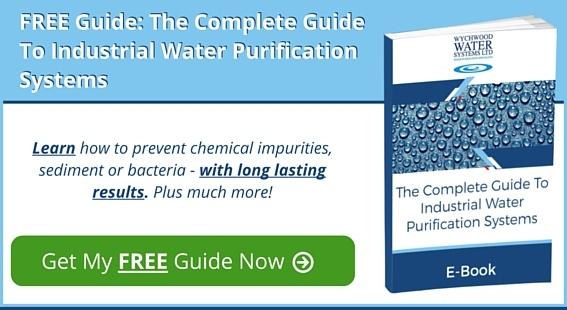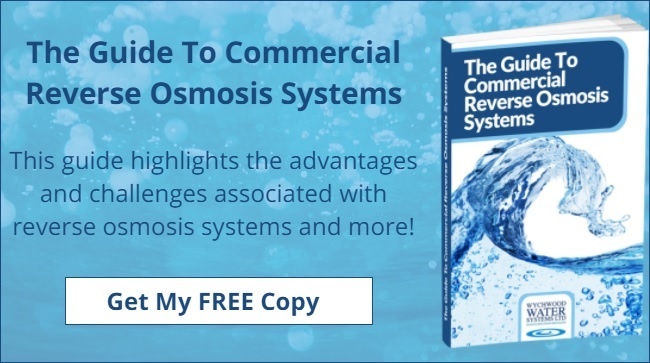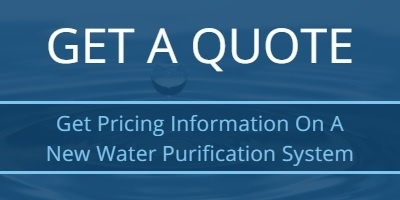
Every industry has a regulated set of standards for water quality and use. Your purification system must be able to cope with your ultra-pure requirements as well as it does your reclamation process and waste water management system, so it’s important to ask the right questions of your filtration expert.

1) What Kind Of Water Do I Need For My Application Or Industry?
Pharmaceutical manufacturers require sterile water for injectable solvents, sanitary water for circulation pumps, and purification methods to control bio-contamination. Many industries have disparate regulations that govern the way they purify the water they use and dispose of. You may require a range of different filters, particularly when ultra-pure water can become a health risk when used to manufacture consumable medications or when a degree of salinity is needed for your manufacturing plant. If you need a number of water types, your pre-treatment system can be adjusted to deliver different levels of purity.
2) What Impurities Need Removing?
Unpurified water contains more than just microbes and fungi. It has minerals that make it brackish, chemicals that alter its pH balance, and heavy metals that can pose a health risk. Soluble chlorine and salt ions may contaminate your products or reduce the conductivity of your water. If you’re reclaiming wastewater for reuse in your facility, this question becomes all the more important because it governs the filtration method you choose. Used feed water picks up a lot of contaminants and minerals that have to be removed before the water can be recycled or released into the mains. The best way to achieve optimal water quality is to understand the mineral composition and quality of the initial resource.
3) What Is My Daily Water Usage?
This depends on your sector and the size of your facility. The energy industry requires copious amounts of water for cooling and conduction, so a small office filter won’t serve a power plant. Similarly, up to 4,000 litres of water are required to produce one litre of biofuel, and the average semi-conductor plant uses four million gallons of ultra-pure water a day. Your filtration device must meet the demands of your industry and the volume of water you use.
4) Is It Worth The Cost?
There is a difference between an investment and an expense. An investment generates returns while an expense does not. Your recycling or filtration method contributes directly to your profits, decreasing your utility bills to boot. Therefore, a high quality water treatment plant is best viewed as a positive investment rather than a damage-limitation exercise. Of course, the potential costs of inadequate water treatment are very high, so a good quality plant can also be viewed as a valued insurance policy against downtime and product wastage.
5) Are You Qualified & Certified?
Your service provider should be licensed and insured, and also carry any certifications relevant to your sector and jurisdiction. In addition, your product should carry a warranty in case your equipment doesn’t operate correctly. Ideally, the company who provides your filtration system should also maintain it. This saves money and gives you greater visibility over the equipment than using multiple suppliers.
6) How Much Space Do I Need For My Product?
This is difficult to answer because water treatment plants vary widely in size. The important thing is to determine the footprint you need in advance, in consultation with your treatment system manufacturer. Even if you have plenty of empty floor space, the room you intend to set aside for filtration must be assessed upfront. Your future plans may require a modular system, but your purifiers must also have the correct placement in relation to the rest of your plant. A new plant often involves extensive plumbing reconfiguration and you may want to review your floorplan to optimise the flow of water around your facility.
A Considered Investment
Your water filtration system is one of the most important elements of your manufacturing process, generating profits while keeping product quality where it belongs. For a comprehensive introduction to water treatment, please download our free Industrial Water Purification Guide. You can also call 01993 892211 to discuss your needs.
Image source: Pixabay









 We are a specialist independent company involved in water purification and water treatment technologies
We are a specialist independent company involved in water purification and water treatment technologies


